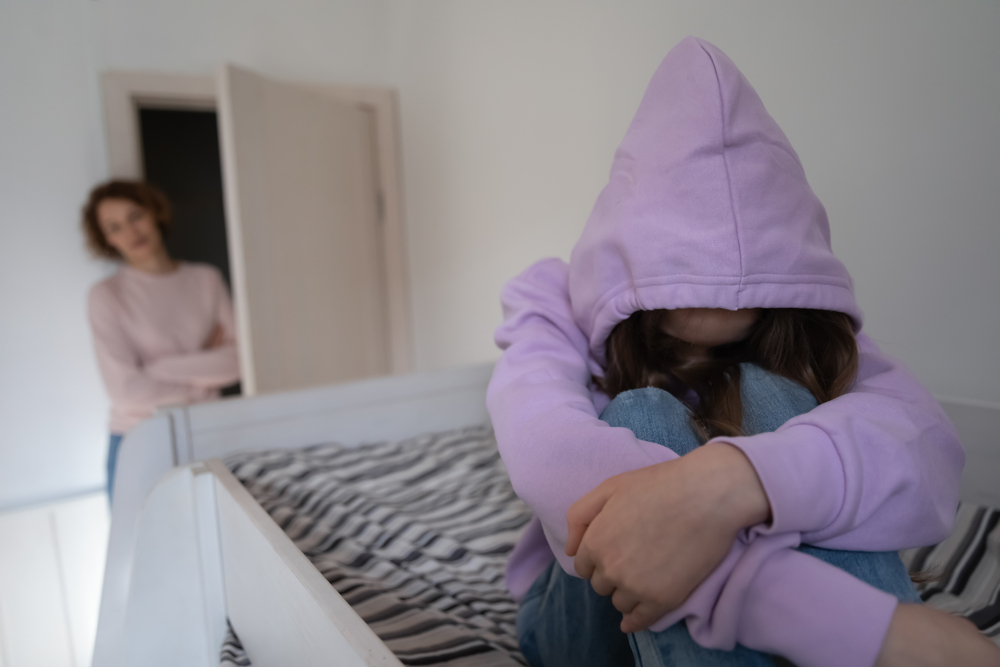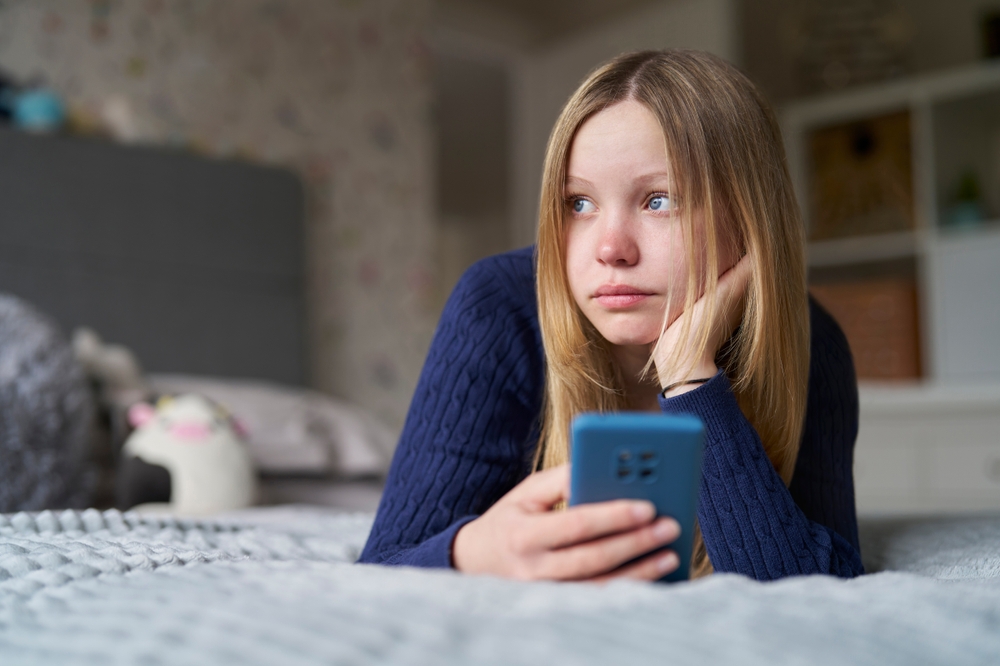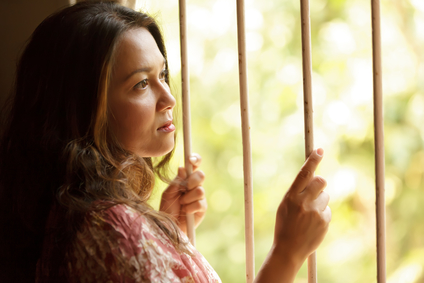No one wants to see their children suffer. If you are a parent, custodian, or concerned adult for a child who has experienced trauma, it can be easy to feel powerless and overwhelmed. Here are things that you can do to help kids cope with trauma and PTSD whether you are their primary custodian, or an informal mentor.
Can Kids Experience PTSD?
Post-traumatic stress disorder (PTSD) is a form of anxiety that can develop after a traumatic event. Children and teenagers can experience a variety of adverse childhood events (ACE) which can result in PTSD and developmental delays. Younger children are less likely to be formally diagnosed with PTSD, but the childhood trauma they experience can result in other mental and physical health challenges that will follow them into adulthood.
Get Help for Your Kids in Coping with Trauma
Talk to a psychotherapist today about how to support your child with trauma and PTSD.
Trauma can come from a variety of sources:
- Parental abuse or neglect
- Family conflict and divorce
- Emotional, physical, or sexual abuse by others
- Violent crimes or events
- Natural disasters
- Bullying
- Substance abuse in the home
- Parental or sibling mental health crises
- Unstable living environments
- Food or housing instability
- Surgery, medical procedures, or severe disease
Many forms of trauma are triggered by mistreatment by people children would naturally trust. Kids who experience trauma will depend on their parents, other trusted adults, and loved ones to help them cope.
Tips for Helping Kids Cope with Traumatic Events
Healthy coping starts immediately after kids experience traumatic events. You can help minimize the lasting impact of trauma by:
Remaining Calm
Trauma is naturally disruptive and can cause a lot of emotional upheaval. Your kids will look to you for reassurance and safety. Even if you are also experiencing anxiety, you should remain calm around your children, and be conscious of your tone of voice, so they won’t pick up on your own distress. Offer your kids extra physical comfort, including hugs and cuddles if they want them, to make them feel safe.
Maintain Normal Routines
Trauma often disrupts the normal routines of children’s day-to-day lives. Whether it is a natural disaster that destroys a child’s home, or a parental abuse case, the days after the traumatic event can be unstable and unpredictable for kids. Maintaining a routine can help kids feel like things will return to normal. Try to maintain regular mealtimes and bedtimes and apply all the same rules to remind kids that their lives will carry on beyond traumatic events.
Offer Communication and Information
Kids need to get information about traumatic events from a safe, trusted adult. They also need to have someone they trust to listen to their thoughts and feelings about what happened. Be sure that you discuss the events in an age-appropriate and supportive way. If the event is public, limit kids’ access to news and social media discussion about what happened, so they don’t get overwhelmed. Don’t force the conversation but look for natural opportunities to communicate with your kids and help them cope.
Help Kids Learn Positive Coping Mechanisms
You can model healthy coping for children by teaching them breathing exercises and meditation techniques, and helping them have fun in spite of the traumatic events. Encourage them to meet with their friends and join activities they enjoy. Remind them that they don’t need to be defined by their trauma, and it is okay to feel happy after the event.
Ways to Address Childhood and Adolescent PTSD
Traumatic stress is strongest in the days after the event, but if the symptoms don’t pass within six weeks, or your kid is struggling at school or at home they may be experiencing the early symptoms of post traumatic stress disorder. You may need to seek treatment from a psychotherapist if your child is:
- Struggling to focus or concentrate in school
- Experiencing flashbacks, nightmares, or intrusive memories
- Having physical symptoms like headaches, stomach pains, or insomnia
- Experiencing interpersonal problems
- Having suicidal thoughts
- Avoiding triggers that remind them of the traumatic event
It is important to remember that it is natural and appropriate for a child to need help to recover from trauma. Working with an experienced psychotherapist can help them process their feelings, give context to their thoughts, and develop strategies to cope with their adverse childhood experience. Taking a proactive approach to helping kids cope with trauma and PTSD can minimize the lasting impact of the event and help your child get back to a happy and healthy state.
David Stanislaw is a psychotherapist with over 30 years of experience. He helps children, teens and adults with post-traumatic stress disorder and other mental health concerns. Contact David Stanislaw to get help today.


 Recognizing Teenage Anxiety and What to Do About It
Recognizing Teenage Anxiety and What to Do About It Common Treatments for Depression
Common Treatments for Depression Are Childhood Family Patterns Affecting Your Marriage?
Are Childhood Family Patterns Affecting Your Marriage?